DIY ph testing....is it worth it ??
texasjack
11 years ago
Related Stories

MORE ROOMSDIY: Turn Your Carport Into an Outdoor Dining Room
Paint the Floor and Set the Table for Your Own Parking-Space Party Zone
Full Story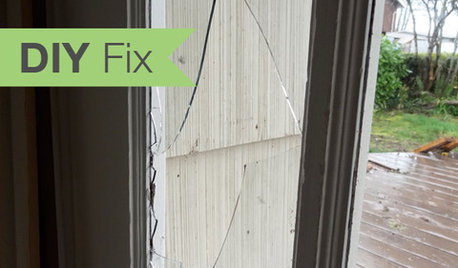
HOUSEKEEPINGDIY Fix: How to Repair a Broken Glass Door Pane
Don't let broken glass shatter your self-esteem. You can fix it more easily and more inexpensively than you might realize
Full Story
DECORATING GUIDESUtility Fabrics That Go the DIY Distance
Durable, easy to find and inexpensive, these utility fabrics can bring surprisingly high-end results to your everyday DIY projects
Full Story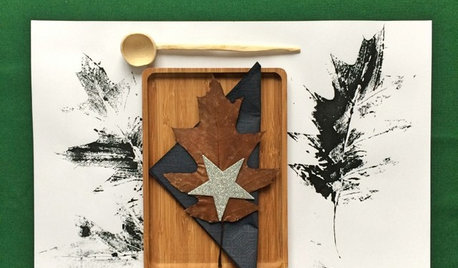
ENTERTAININGDIY Placemats Inspired by Nature
Celebrate the season with DIY placemats celebrating nature’s designs
Full Story
DIY PROJECTSSalvage Style: A DIY Upholstery Project Makes a Grand Entrance
See how to turn a recycled coffee table into a stylish bench for your entryway
Full Story
DIY PROJECTSLace Goes Modern in an Upholsterer's DIY Pendant Lights
Bring romance to a room with delicate pendant lights you can make yourself
Full Story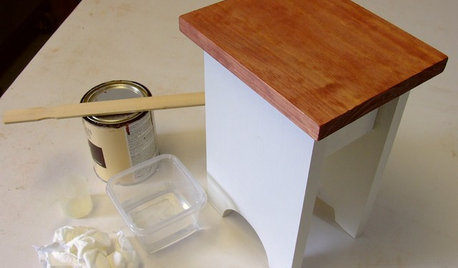
DIY PROJECTSCool Tip: Mimic Stain With a DIY Color Wash
Get the look of an oil-based stain without all the bother, using this easy wash made with paint
Full Story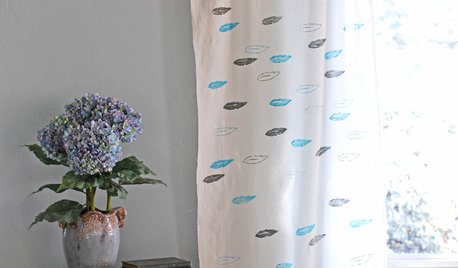
DECORATING PROJECTSDIY: Create a Custom-Stamped Curtain
With simple fabric and a stamp carving kit, you can make your own pattern to apply to curtains and other textiles
Full Story
DECORATING GUIDESDIY: Make Your Own Chalkboard Paint
3 simple steps to chalk it up in any color anywhere for cheap
Full Story
DECORATING PROJECTSDIY: Make a Designer-Look Pillow Sham
Give a sofa or bed a high-end touch in about an hour with low-cost materials — if you don't tell, they'll never know
Full StorySponsored
Central Ohio's Trusted Home Remodeler Specializing in Kitchens & Baths
More Discussions






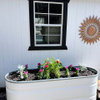

capoman
greentiger87
johns.coastal.patio
CanadianLori
marc5
mhayes8655 zone4mn